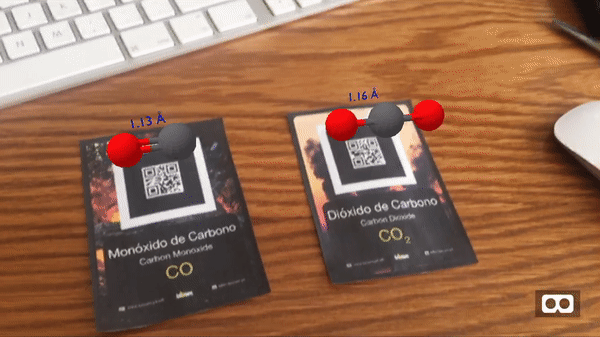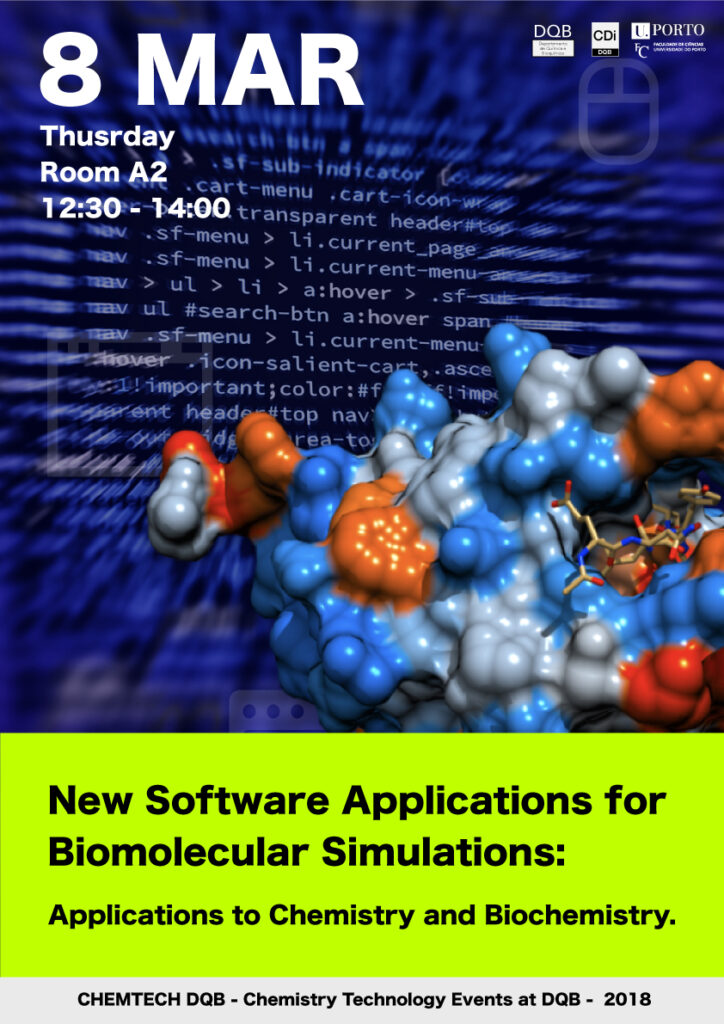Henrique Silva Fernandes, Sérgio F. Sousa, and Nuno M.F.S.A. Cerqueira
Published on 21st October 2019
Journal: Journal of Chemical Information and Modeling
https://doi.org/10.1021/acs.jcim.9b00739 | Download citation
Abstract
Herein we present the VMD Store, an open-source VMD plugin that simplifies the way how users browse, discover, install, update, and uninstall extensions for the Visual Molecular Dynamics (VMD) software. The VMD Store obtains data about all the indexed VMD extensions hosted on GitHub and presents a one-click mechanism to install and configure VMD extensions. This plugin arises in an attempt to aggregate all VMD extensions in a single platform. The VMD Store is available, free of charge, for Windows, macOS, and Linux at https://biosim.pt/software/, and requires VMD 1.9.3 (or later).

